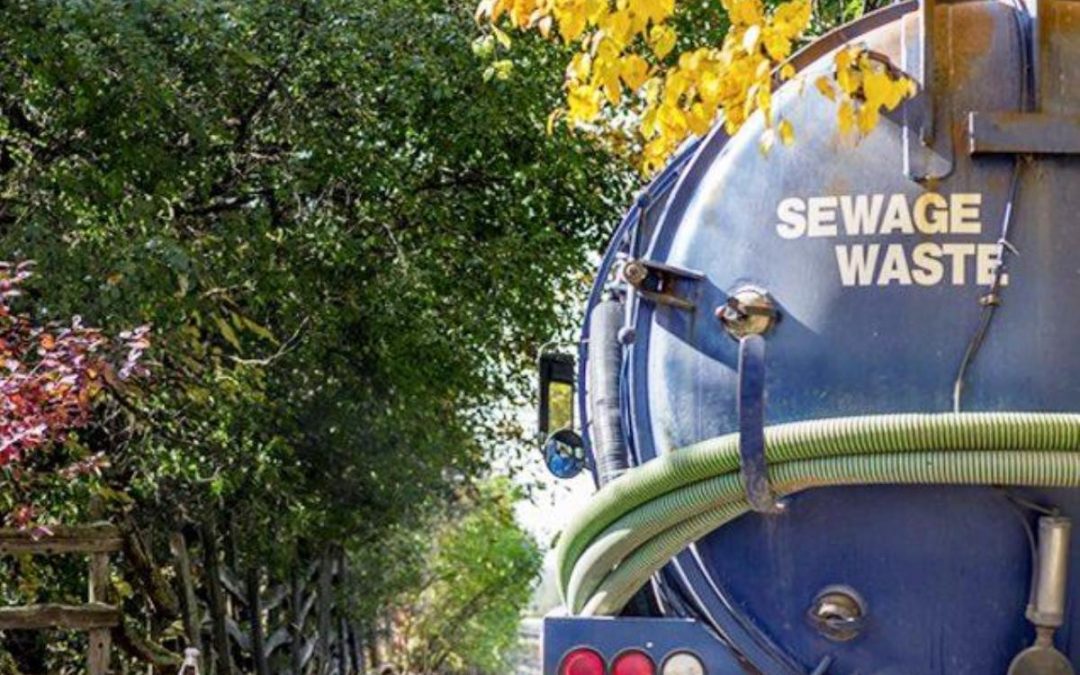Why Liquid Waste Is Becoming A Growing Problem

Liquid waste creation occurs in almost every sector of society. This also includes wastewater and sewage from various industrial processes from agriculture to manufacturing. Every state in Australia has strict waste disposal regulations. These are in place to prevent pollution, water contamination and to avoid the risks of explosion or fire from dangerous chemicals.
Businesses that process, manage, and dispose of liquid waste are required to follow these regulations strictly. Any mishandling of liquid waste results in pollution and contamination, and has a negative impact on the business. Besides the public relations crisis, it poses many legal ramifications. On the financial front, in addition to penalties, the loss of revenue can prove to be a double whammy.
Types Of Liquid Waste And Their Impact
Businesses produce a variety of liquid wastes, including hazardous and non-hazardous ones. Chemical liquids like paints, fertilisers, and solvents are produced in vast quantities and are dangerous in nature. The storing and processing of these materials require equipment like storing tanks, pipes that are inspected and serviced regularly by professionals.
The proper disposal of liquid waste is important to protect the environment and the financial position of the company. A liquid waste spill can be expensive to clean-up and result in business loss too. Here are the types of impacts that liquid wastes can have when they aren’t managed responsibly.
Environmental Impact
- Surface Water Pollution
The chemical composition of water gets altered if it is polluted with liquid waste and this can happen slowly or instantly. The examples are a slow leak at a chemical process plant and a large-scale oil spill, respectively. Both can contaminate drinking water or disrupt aquatic ecosystems.
- Contamination Of Soil
Any liquid waste that seeps into the earth rapidly can result in pollution. The resulting pollution contaminates the food produced by plants growing in that soil. Consuming polluted food produce is harmful to people and animals.
- Atmospheric Pollution
Generally, people may not associate air pollution with liquid waste. Mostly dust, fine particles, and gas contaminate the air that you breathe. People are less aware that the foul smell caused by liquid waste pollution, especially with sewage systems impacts air quality too.
Economic Impact
In addition to the environmental impact, liquid waste also has a significant economic impact on businesses and municipalities.
Communities living in a given municipal area suffer the negative impact of the types of large-scale liquid waste contamination mentioned above. The property values in the affected areas can drop as well. Businesses too are financially affected as they need to spend on clean-up costs.
If it is found that a business has caused liquid waste pollution, the media backlash can impact its profitability. It is not uncommon for customers to avoid business relationships with companies that have a doubtful environmental record.
Solo Resource Recovery can help with all your ongoing solid and liquid waste management needs. For more information, feel free to call us at (1300 46 76 56). You can also send us your queries and requests via this Contact Us form. One of our team members will call you within the shortest possible time.
Related Posts

Published: October 1, 2024
Is Your Waste Management Performance Up to Scratch? Discover the Solo Difference
Read more
Published: August 15, 2024
Solo Invests in the Future: Company Expands Fleet with Hydrogen Vehicles
Read more
Published: December 15, 2023